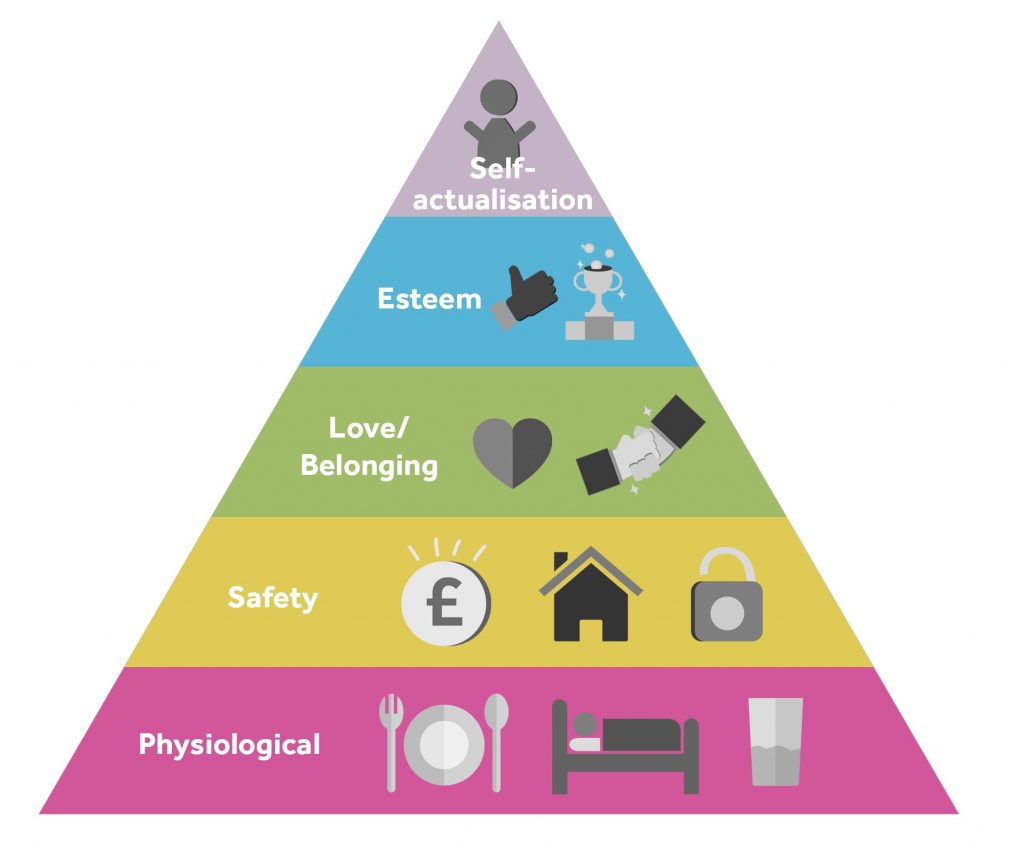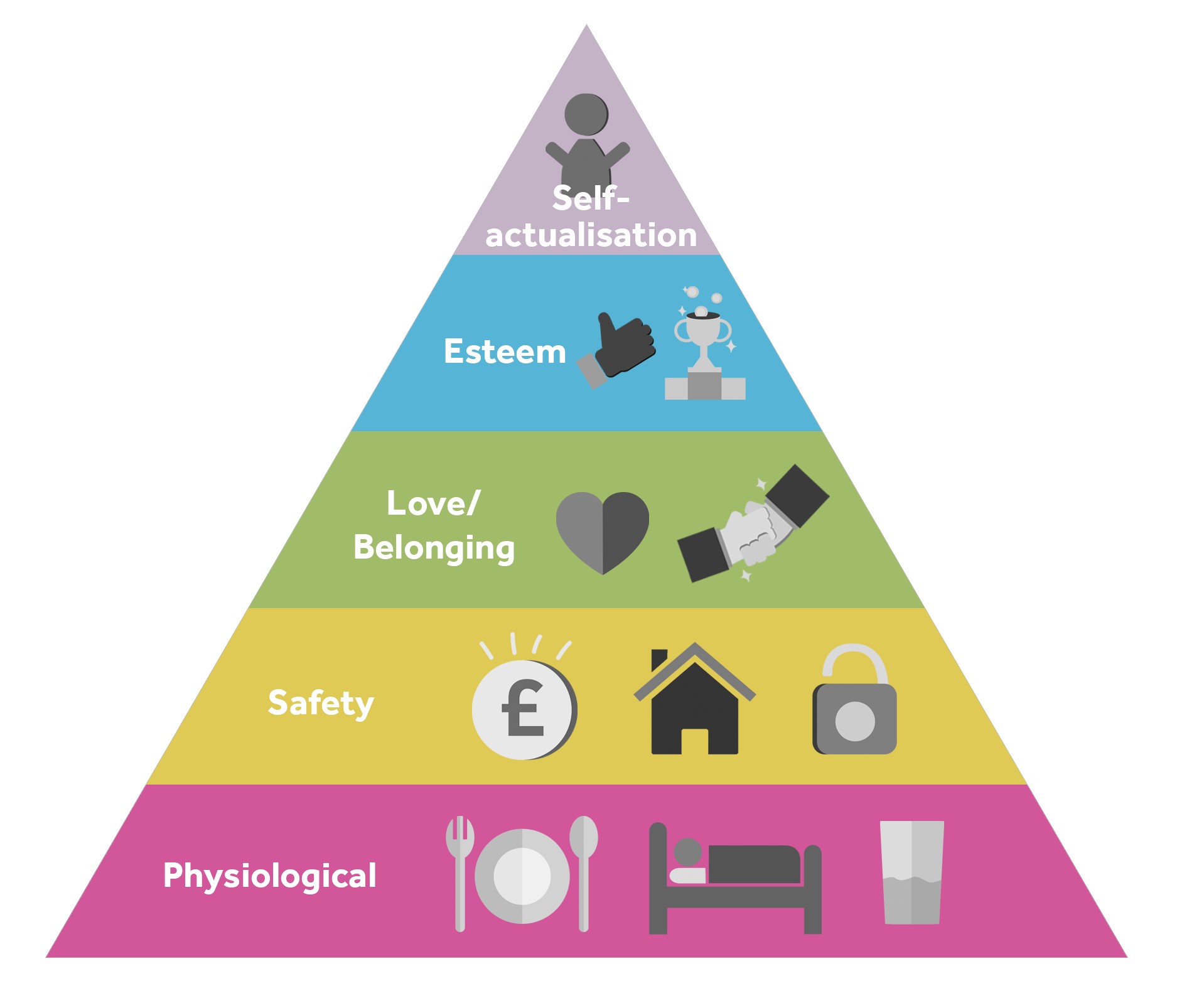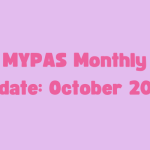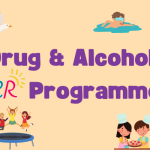Alison Mattu, Midlothian School Counsellor, reflects on Maslow within the context of the covid pandemic.
This year has been tough for many people in different ways. If you have felt worried, upset or afraid about what’s going to happen, you are not alone. For adults, children and young people, a lot has changed in our daily lives that makes just getting through each day even more challenging than before.
The Coronavirus has threatened our basic survival needs. Feeling stressed, anxious, frustrated and down is a natural reaction to that. Many people may already know about Maslow’s Hierarchy of Needs (1943) a pyramid that maps human motivation and needs. For those who don’t, Abraham Maslow was a New York based psychologist. I’ve been thinking of Maslow’s Hierarchy in terms of the pandemic and how it helps us to understand what we’re feeling and why.
According to Maslow, when we meet these needs from the bottom up, we can move onto the next level towards self-actualisation (reaching our full potential in life). The pyramid shows how important and connected our needs are at every level. How can we hold down a job if we are homeless; or win at sports if we are worried about food? The five levels are:-
- Food, Air, Water, Shelter
- Safety, Security, Protection
- Love and Belonging
- Self-Esteem, Respect, Achievement
- Self-Actualisation (reaching full potential including creativity)

Panic buying at supermarkets and paying for take-away food pushed us into survival mode at Level 1 (food, shelter) which led to anxiety and frustration. When we have the basics in place, without worrying, we can move onto Level 2 (safety, security). The ability to function daily depends on us feeling safe within our bodies and at home. Job losses versus going to school and work during a pandemic makes life complicated and scary. New measures help us feel safer. Level 3 (love, belonging) is based around our need for close relationships and friendships. Government restrictions mean we can’t visit friends and family inside their homes. Feeling frustrated, sad and bored about this is normal. Keeping in touch via technology or socially distanced outdoor activities can ease that sense of loss. Many activities including holidays, sporting events and clubs were cancelled. This affects our ability to achieve and build self-esteem through social contact, dedication and participation. Finding new ways to connect with people or try out different hobbies can be useful in reaching Level 4 (self-esteem, achievement). Level 5 is life-long fulfilment which gives us plenty of time to reach for our goals.
It’s important to take care of ourselves. Binge-eating, drinking, staying up late and shutting ourselves away in isolation are natural reactions to a world-wide event that threatens existence. Self-care is a healthier option for survival. Simple ways to stay healthy might be:
- Get enough sleep (7-9 hours, regular times)
- Balance healthy foods; try something new
- Exercise, especially outside; find parks, woods, trails
- Breathe slowly; practice Mindfulness
- Stay connected with friends and family; be kind
- Learn a new skill; make something fun
- Remember you are not alone – reach out if you feel down
And lastly, be your own best friend. We can often be our own worst enemies and remembering to be kind to ourselves can be challenging. It is useful to take the time to reflect on the choices we make each day. Are we taking care of ourselves physically and mentally? Even small acts of self-care can help us to value ourselves more and increase our self-esteem. Take a look at Maslow’s pyramid; what might help you make it all the way to the top? Reach out for support along the way. Look after your own needs when you can. And when you look around, remember everyone is human. What might their struggles, worries and concerns be right now? How might you help someone reach their next level?
Alison Mattu, Midlothian School Counsellor






